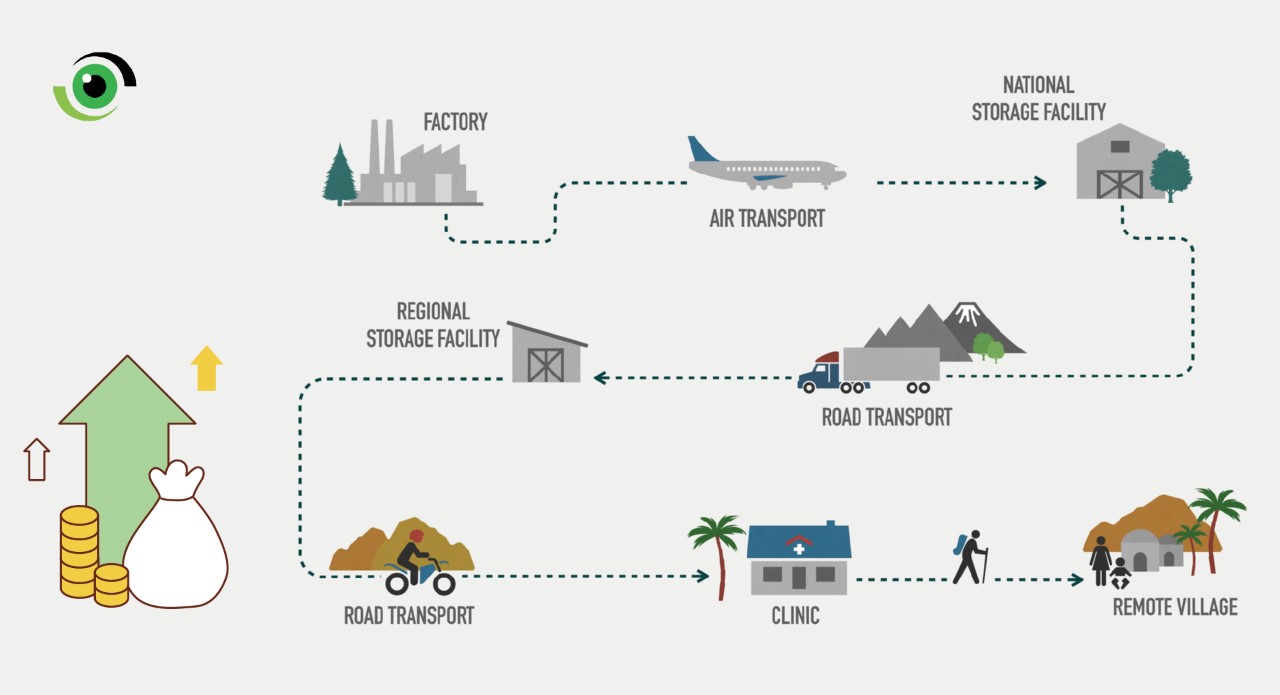Vaccines remain an invaluable investment and one of the most cost-effective ways in preventing diseases, especially for new-born babies. When children have their routine immunisations, they are protected against diseases that once caused disability and even death. Access to sustained financing is, therefore, a critical part of ensuring that children continue receiving life-saving vaccines. Discussions around routine immunisation financing must always be on the front burner and prioritised by governments.
At the 2022 Annual Conference of the Paediatric Association of Nigeria (PAN) in Uyo, Akwa Ibom State, in line with its mandate of catalysing national and state governments to make adequate provision for child and family health in Nigeria, through evidence-based advocacy for domestic financing, Partnership for Advocacy in Child & Family Health at Scale (PACFaH@Scale) convened a panel with the theme “Sustaining Routine Immunisation Financing Beyond the Context of COVID-19: Opportunities and Challenges”. The aim was to bring together experts to deliberate on the opportunities and challenges of sustaining routine immunisation (RI) financing beyond the context of COVID-19.
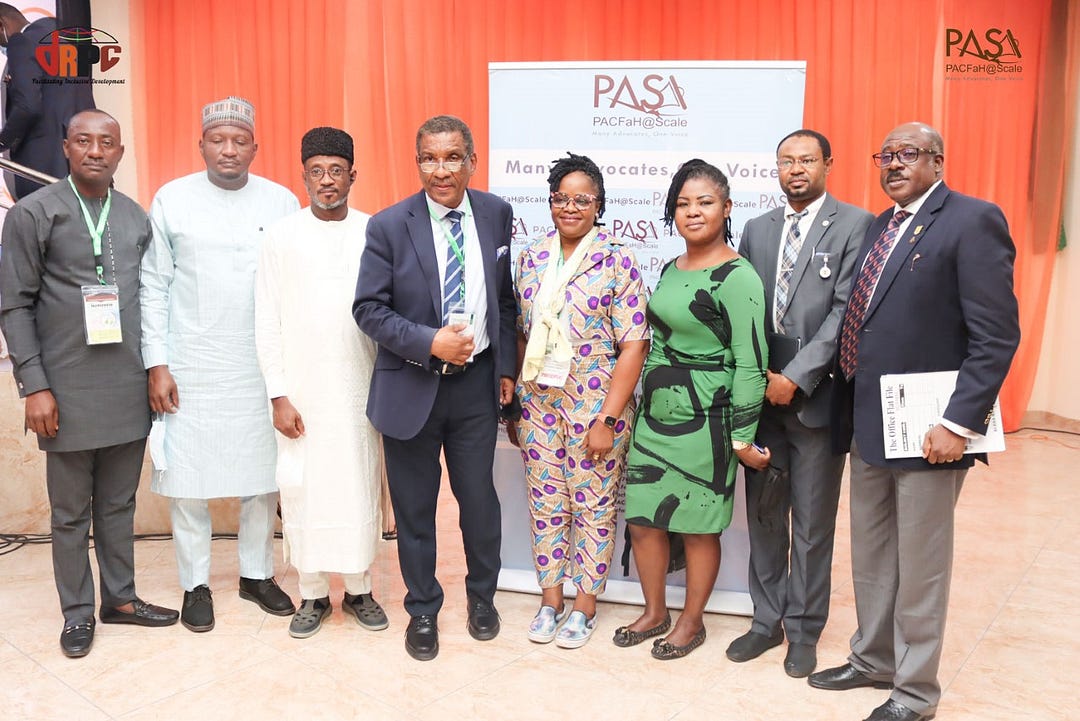
Dr Olufemi Mobolaji Lawal, a consultant paediatrician, while chairing the panel session said, “Immunisation financing should be easily expandable, when necessary, as seen in the COVID-19 response. He then asked a pertinent question, “What happens when finance for immunisation isn’t sustained?”
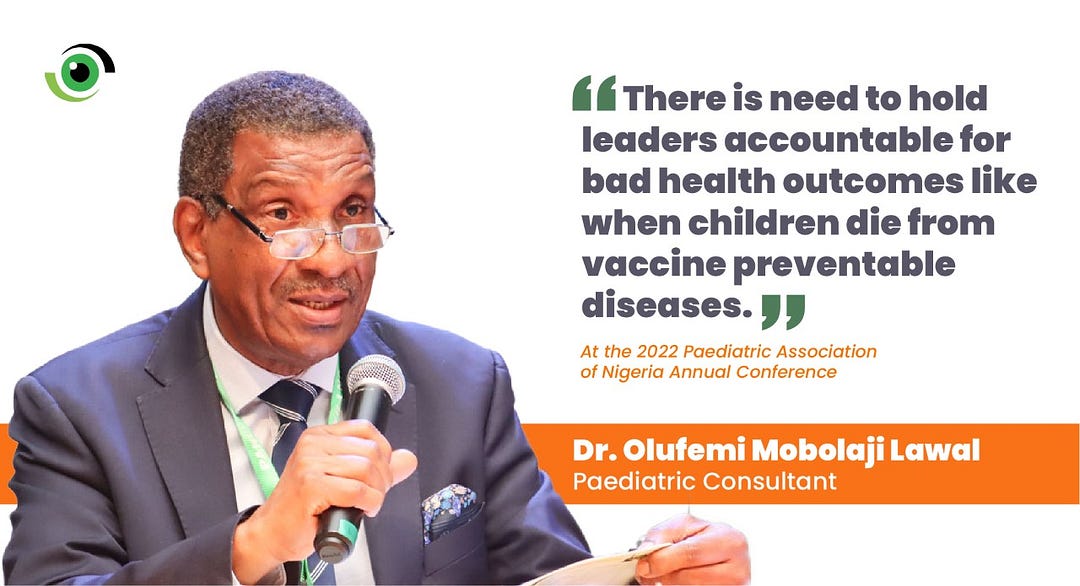
Who’s working to improve routine immunisation?
Dr Ibrahim Dangana, Executive Secretary (ES), Niger State Primary Healthcare Development Agency, said the state’s Memorandum of Understanding (MoU) with the Bill & Melinda Gates Foundation provided needed funds to rejuvenate Primary Health Centres (PHC) in the state. He further added that a 50–50 arrangement where the state brings part of the funds, while also setting clear milestones, contributed to the success of the MoU.
For Kano State, a three-party MoU between the state, Bill & Melinda Gates Foundation and the Aliko Dangote Foundation helped improve RI. The MoU improved PENTA 3 vaccine coverage in Kano State from 30% to 46%, said the ES of the State Primary Healthcare Management Board, Dr Tijjani Hussaini. It required the three parties to meet every six months to assess adherence to its commitments. “This instituted accountability”, he added.
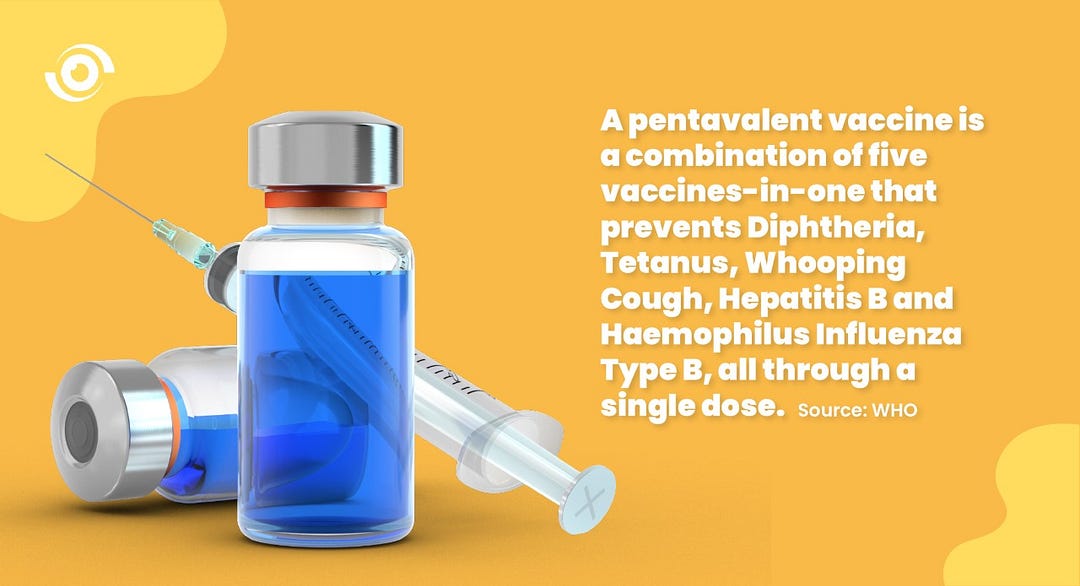
Driving local financing for routine immunisation
Dr Benedicta Adejola, the Director of Medical Services at the Lagos State Primary Healthcare Board noted that even though demand for RI is high in the state, access reduced at the peak of the COVID-19 pandemic. “The demand went from about 80% in 2019 to less than 70% in 2020,” she said. This had its consequences, such as a measles outbreak that was recorded in Lagos State in 2021. At national level, allocation for RI grew from 17 billion naira in the 2018 federal budget to 139 billion naira in 2021. However, it dropped significantly to 65 billion in the 2022 proposed health budget.
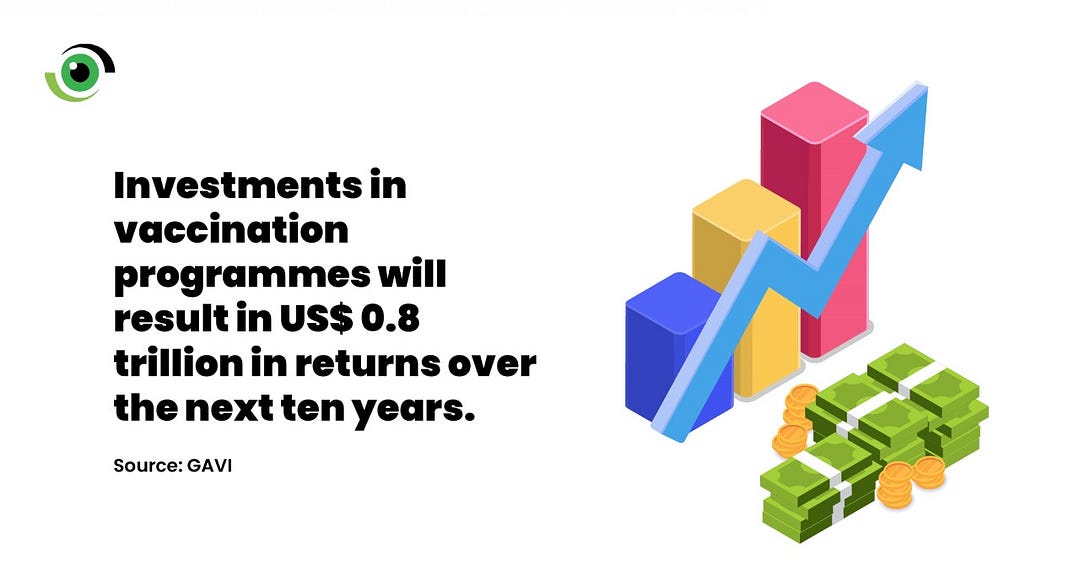
While advocacy to increase RI uptake continues, it is becoming increasingly important to ensure that the supply matches demand through sustainable financing at federal, state, and local government levels using innovative financing models. Adejola noted that as funds from GAVI transition, it’s time for the country to look inwards. She revealed that Lagos State is getting tax generated revenue that can be invested in routine immunisation and other healthcare services in the state. “The challenge with this, however, is getting tax from the informal sector…Beyond taxes, local governments don’t invest in the state’s RI efforts even though all arms of government have a role to play. This is probably because they don’t see immediate financial or political gains for investing in RI”, Adejola added. However, a GAVI analysis suggests that investments in vaccination programmes will result in US$ 0.8 trillion in returns over the next ten years.
It’s no different in Niger State, said Dangana. “Being autonomous places a responsibility on local governments to invest in RI, but this isn’t the reality because it doesn’t give quick political return so, a lot more advocacy is required”, he added.
In Kaduna State, RI funding at local government level is almost non-existent, said the ES of the State Primary Healthcare Development Agency, Dr Hamza Abubakar. Improving access, therefore, will require effectively managing available resources by integrating services. This, he said, will remove verticalisation. “Instead of different teams going to communities at different times to provide Tuberculosis, HIV, RI services, it’s best to go into communities together and provide a one-stop shop for everything”.
Looking ahead
Local governments have important roles to play to improve and sustain financing for routine immunisation. Dr Lawal suggested that advocacy efforts should be directed towards local governments to help them understand the economic benefits for investing in RI as opposed to spending money to battle vaccine preventable diseases.
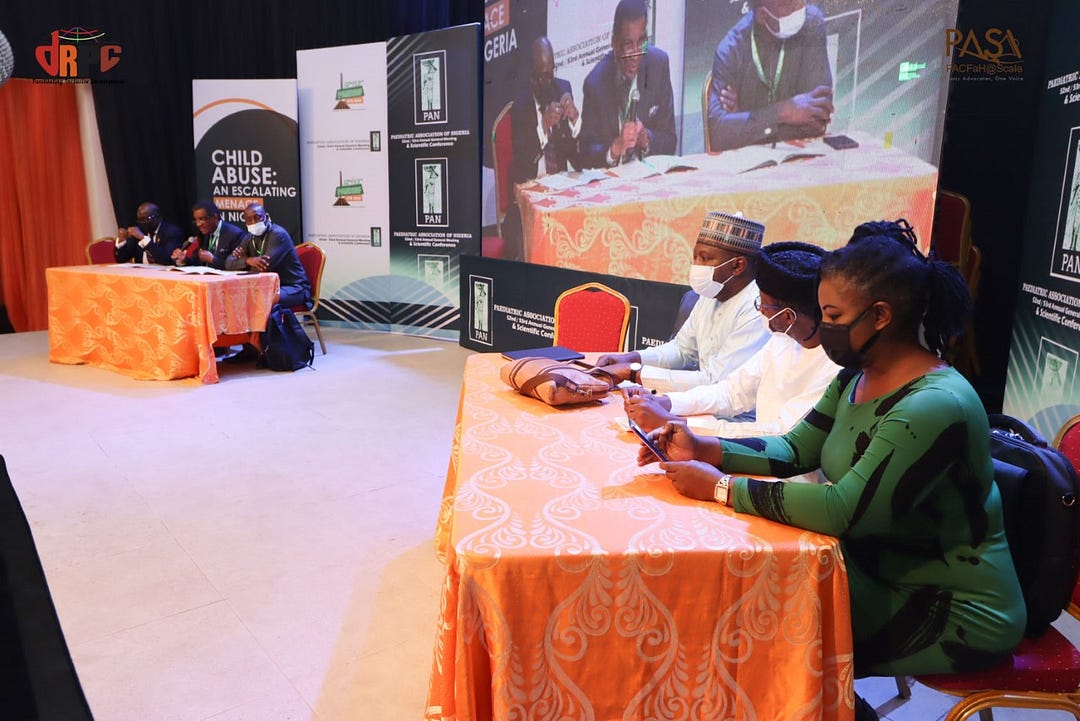
The speakers agreed that in the face of dwindling donor funds, continuous dependence on external donors to fund RI is not sustainable. Discussing opportunities that can be leveraged on to bring change, the Basic Healthcare Provision Fund (BHCPF) was touted as a means of improving primary healthcare which in turn will positively impact immunisation efforts. “With N300,000 disbursed every quarter to 274 focal facilities, the fund is already making a difference in Niger State”, said Dr Dangana. It is expected that other states would learn from their peers, follow the guidelines to access the funds and utilise them efficiently when disbursed.
Dr Hussaini said RI financing can be improved in Kano State by clearly articulating legal frameworks that outline who should fund what, especially as it concerns the state’s primary healthcare development board. He also added that planning is vital as, “It’s important to have RI annual plans that clearly show needs and justifications for funds”.
Leaving Uyo through the Victor Attah International Airport, it’s easy to spot evidence of government’s infrastructural strides in the state. This, as the experts pointed out, possibly explains the difficulty in convincing political leaders to invest in RI. How will they show their work and earn political points? But as advocates, rather than be discouraged, this provides a perfect opportunity to find creative ways to communicate the return on investment for routine immunisation and help political leaders figure out creative ways of showcasing these investments when they do make them. Afterall, no physical structure, no matter how grand, can be compared to an investment that will ensure that routine immunisation services are made available to all children everywhere, consequently protecting them from disability and possibly death.


